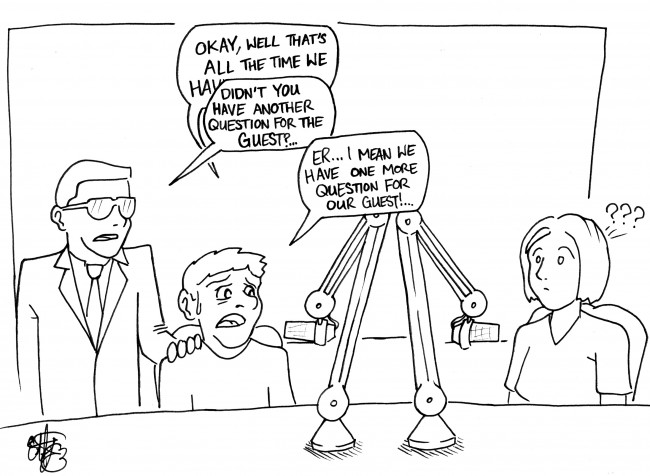Republicans recently made a move in the House of Representatives to fight the reinstatement of the infamous Fairness Doctrine and ensure a purer form of freedom of speech for radio broadcasters.
The Fairness Doctrine was a controversial policy implemented by the FCC in an attempt to force balanced broadcasting on the radio.
The doctrine, which was introduced in 1949, was an attempt to enforce fair political discussion during talk radio shows.
It required opposing sides of controversial political issues to have equal airtime. For instance, if a broadcaster were to present the liberal side of an issue on the air, he/she would also be required to present the conservative side of the issue for an equal amount of time.
The FCC board revoked the doctrine in 1984 with a 4-0 vote.
There is now a push, however, to reinstate the Fairness Doctrine since what seems to be ever-increasing political violence hit a high with the assassination attempt of Arizona Rep. Gabby Giffords.
Supporters of the doctrine hope that this would pacify the harsh partisan politics that may have played a role in such a violent act.
Now, two House Republicans, and former broadcasters, Reps. Mike Pence of Indiana and Greg Walden of Oregon, proposed the Broadcaster Freedom Act in rebuttal to the talk of reinstating the Fairness Doctrine.
The two House members’ act seeks to preemptively halt any reinstatement of the Fairness Doctrine.
The new act sets forth that no future rules or regulations made by the FCC could reinstate the Fairness Doctrine’s mandate that both sides of an issue are represented during on-air commentary.
Journalists are trained to present their audience with fair news accounts. There is, however, an evolving segment of journalism considered commentary-based news.
Often, an audience will tune into a specific radio talk show to hear the announcer’s opinion. It seems logical that announcers should be able to determine what they present to listeners, because they are working for their listeners, not the government.
It is the journalists who present the news or political commentary that should be maintaining fair representation of both sides of an issue. So it is the journalists who should regulate the amount of time that they provide for the other side of an issue.
Listeners are aware of the kind of information they will be provided when they listen to a radio shows that provide much commentary. If the Fairness Doctrine is reinstated the government would regulate the information that listeners receive — a dangerous, undemocratic step in the wrong direction.
The First Amendment does not say that the press has freedom of speech if, and only if, it appeases the FCC. It says that no law shall be made “abridging the freedom of speech, or of the press.”
Were the FCC to reinstate the Fairness Doctrine, it would be abridging the freedom of the press.
While the intent of the FCC – to please both sides by requiring equal airtime for both – may seem to be protecting the integrity of the argument, it is, in actuality, controlling the information that is provided to the public.
Commentators and reporters alike, looking to maintain credibility and accuracy should consider opposing views, but it is not the government’s place to ensure they do.




